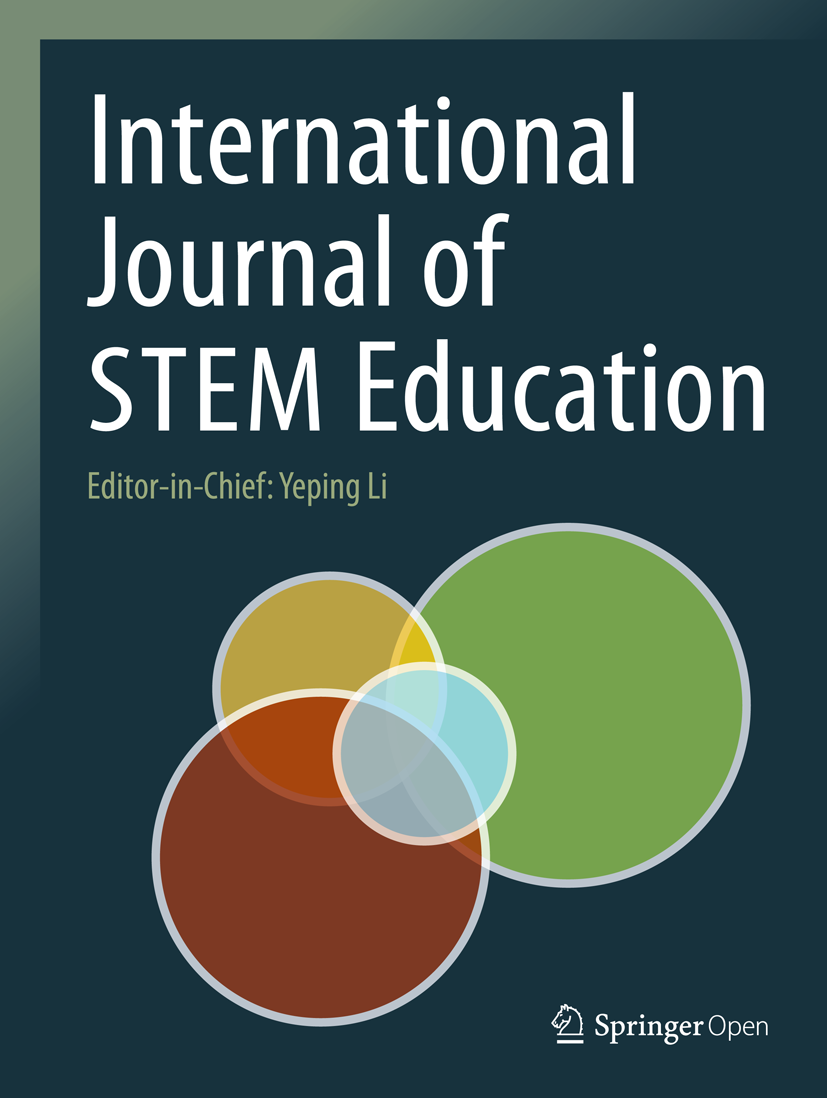One size doesn’t fit all: how different types of learning motivations influence engineering undergraduate students’ success outcomes
IF 8
1区 教育学
Q1 EDUCATION & EDUCATIONAL RESEARCH
引用次数: 0
Abstract
Motivation is the inherent belief to guide students learning goals and behaviors to make continuous efforts and strengthen learning outcomes. Previous research reported the positive impacts of learning motivation on student success, but there have been limited efforts in systematically and structurally studying different types of motivations and their impacts on students’ success in engineering education. The current study contributes to the literature by systematically examining two important types of motivations and their influences on undergraduate engineering students in a theoretically grounded manner while using an advanced analytical approach. The current study conducted a cross-sectional survey with undergraduate engineering students (n = 514) from 18 different schools across nine U.S. states. The survey assessed students’ self-report scores on six types of motivations to study developed based on formative research and the current literature and then collected students’ self-reported learning outcomes, current GPA, university satisfaction, engineering program satisfaction, and individual demographic factors. The data were then analyzed using structural equation modeling. The results showed that motivations related to family, personality, and academic expectations were consistently positively associated with all measured students’ success outcomes; motivations related to educators were associated with all four outcomes but student GPA; motivations related to course contents were associated with learning outcomes and student GPA; and motivations related to peers did not predict any of the four measured students’ success outcomes. We explain some of the unexpected results with further literature that examines engineering culture and ecology. We also make recommendations related to cognitive training, tailored engineering education, peer culture interventions, and family orientation programs.一刀切:不同类型的学习动机如何影响工科学生的成功结果
学习动机是指导学生学习目标和行为的内在信念,是学生不断努力和巩固学习成果的动力。以往的研究报道了学习动机对学生成功的积极影响,但对不同类型的学习动机及其对学生在工程教育中成功的影响进行系统和结构性研究的工作还很有限。本研究采用先进的分析方法,以理论为基础,系统地研究了两类重要的学习动机及其对工科学生的影响,为相关文献做出了贡献。本研究对来自美国九个州 18 所不同学校的工科学生(n = 514)进行了横截面调查。调查根据形成性研究和现有文献,评估了学生对六种学习动机的自我报告得分,然后收集了学生的自我报告学习成果、当前 GPA、大学满意度、工程专业满意度和个人人口统计因素。然后使用结构方程模型对数据进行分析。结果表明,与家庭、个性和学术期望相关的动机与所有被测学生的成功结果始终保持正相关;与教育者相关的动机与所有四项结果相关,但学生的 GPA 除外;与课程内容相关的动机与学习结果和学生的 GPA 相关;而与同伴相关的动机则不能预测任何四项被测学生的成功结果。我们通过进一步研究工程文化和生态学的文献来解释一些意想不到的结果。我们还提出了与认知训练、量身定制的工程教育、同伴文化干预和家庭定位计划相关的建议。
本文章由计算机程序翻译,如有差异,请以英文原文为准。
求助全文
约1分钟内获得全文
求助全文
来源期刊

International Journal of Stem Education
Social Sciences-Education
CiteScore
12.40
自引率
11.90%
发文量
68
审稿时长
13 weeks
期刊介绍:
The International Journal of STEM Education is a multidisciplinary journal in subject-content education that focuses on the study of teaching and learning in science, technology, engineering, and mathematics (STEM). It is being established as a brand new, forward looking journal in the field of education. As a peer-reviewed journal, it is positioned to promote research and educational development in the rapidly evolving field of STEM education around the world.
 求助内容:
求助内容: 应助结果提醒方式:
应助结果提醒方式:


